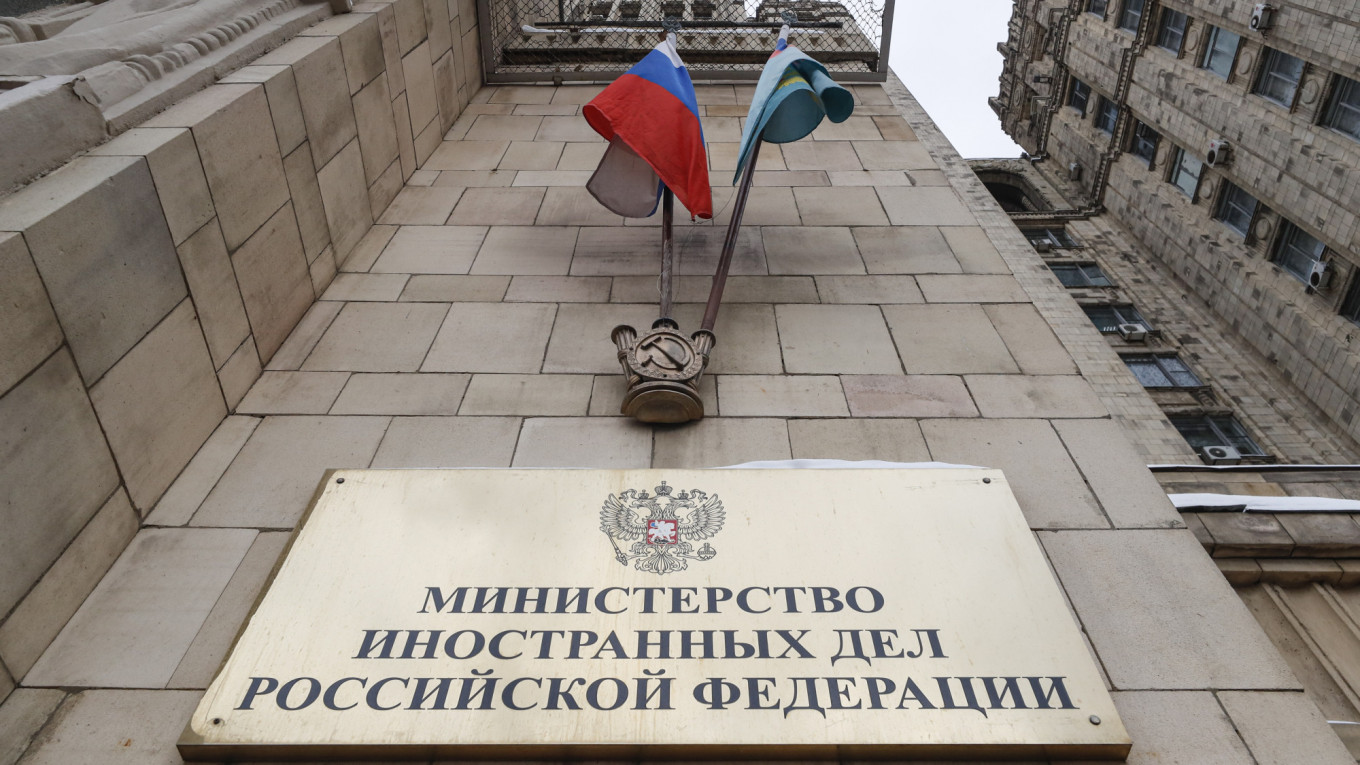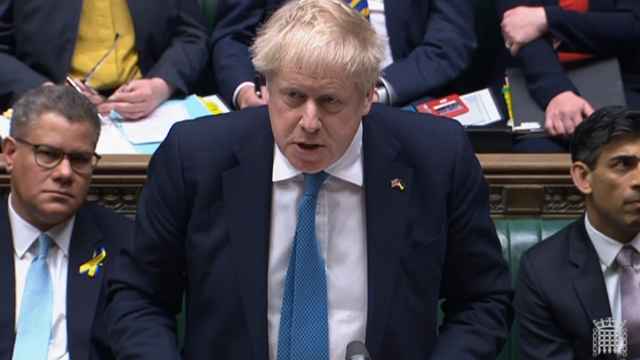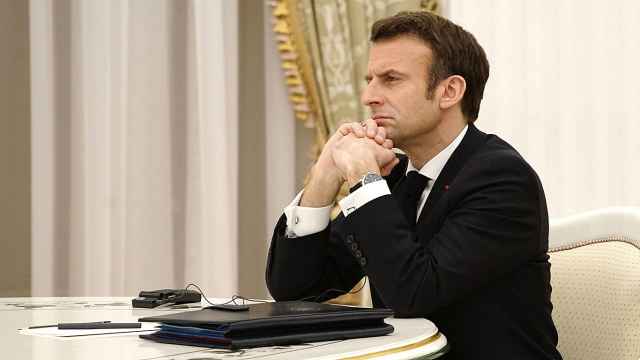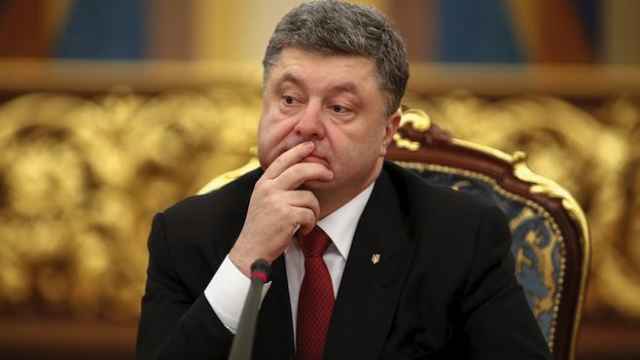Russia's top negotiator at talks with Ukraine said Friday that Moscow and Kyiv had brought their positions "as close as possible" on a proposal for Ukraine to become a neutral state.
The Kremlin on Wednesday said that a neutral Ukraine along the lines of Sweden or Austria was being discussed at talks with Kyiv to end three weeks of a Russian military operation there.
But Ukraine rejected the proposal, and said it wanted its security to be guaranteed by international forces.
"The topic of neutral status and Ukraine's non-accession to NATO is one of the key points of the talks, this is the point on which the parties brought their positions as close as possible," Russia's lead negotiator Vladimir Medinsky said on Friday, cited by Russian news agencies.
But he added that there were "nuances" when it came to "security guarantees" requested by Ukraine.
Russia, which has been conducting a military operation in Ukraine since February 24, has requested that its neighbour never join the Western NATO military alliance, as well as demanding its "demilitarisation" and "denazification."
Medinsky said Friday that negotiators were "half-way" towards an agreement on the "demilitarisation" of Ukraine.
Mikhailo Podolyak, an advisor to Ukraine's President Volodymyr Zelensky taking part in the negotiations, however said his country's position had not budged.
"Negotiation status. The statements of the Russian side are only their requesting positions," he wrote on Twitter.
"All statements are intended, inter alia, to provoke tension in the media. Our positions are unchanged. Ceasefire, withdrawal of troops & strong security guarantees with concrete formulas."
A Message from The Moscow Times:
Dear readers,
We are facing unprecedented challenges. Russia's Prosecutor General's Office has designated The Moscow Times as an "undesirable" organization, criminalizing our work and putting our staff at risk of prosecution. This follows our earlier unjust labeling as a "foreign agent."
These actions are direct attempts to silence independent journalism in Russia. The authorities claim our work "discredits the decisions of the Russian leadership." We see things differently: we strive to provide accurate, unbiased reporting on Russia.
We, the journalists of The Moscow Times, refuse to be silenced. But to continue our work, we need your help.
Your support, no matter how small, makes a world of difference. If you can, please support us monthly starting from just $2. It's quick to set up, and every contribution makes a significant impact.
By supporting The Moscow Times, you're defending open, independent journalism in the face of repression. Thank you for standing with us.
Remind me later.






